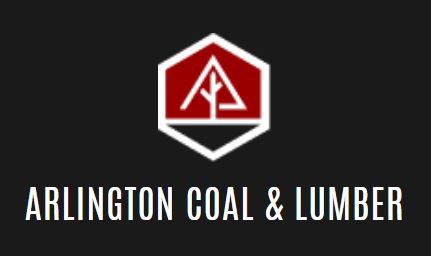With its inaugural pour in a commercial building in Seattle, C-Crete Technologies proudly showcased their pioneering cement-free concrete, a first-of-its-kind innovation in the construction industry.
The environmentally friendly alternative to Portland cement emits nearly no CO2 during manufacturing and actually absorbs CO2 from the atmosphere over time.
Portland cement accounts for approximately 7% of total CO2 emissions worldwide. The novel material, if utilized instead, has the potential to significantly minimize the environmental effect of the construction industry. Each ton of C-Crete binder that substitutes Portland cement saves about one ton of CO2. Furthermore, the product makes use of a variety of natural minerals and industrial byproducts, assuring a plentiful feedstock.
Around 60 tons of the cement-free concrete were placed in the foundations and shear walls of the 7200 Woodlawn project in Seattle, an adaptive re-use construction of a 120-year-old historic brick building that used concrete as part of a seismic retrofit.
The concrete was pumped and had a loading strength of over 5,000 pounds per square inch, which was more than the ASTM norm of roughly 4,000 psi for most residential, commercial, and infrastructure concrete applications. It also meets other important industry standards, has exceptional durability (such as resistance to freeze-thaw cycles, alkali-silica reactions, and chloride and acid penetrations), and is compatible with conventional concrete admixtures, allowing for easy integration into existing construction practices.
“We are thrilled to introduce our cement-free concrete, a game-changer in sustainable construction,” said Rouzbeh Savary, PhD, founder and president of C-Crete. “Our binder is a direct replacement for Portland cement that significantly lowers carbon emissions. Given that our product meets industry requirements and is cost-competitive with traditional concrete, it ushers in a completely new era in building.”
The cement-free concrete for this project was delivered by Heidelberg Materials, a global construction materials and ready-mix concrete company.
Donald Davies owns the Seattle building and is the head of Building Transparency, a nonprofit dedicated to empowering the building sector to address the role of embodied carbon in climate change. “As a developer, a structural engineer of 33 years, and a leader in low-carbon construction, I’m seeing many lower-carbon concretes being discussed,” Davies said. “I’m seeing fascinating developments, but few are ready to scale into production like C-Crete. No-cement and low-carbon concrete are not pipe dreams. It’s real, it’s here, and it works. This project demonstrates that it is achievable today.”
C-Crete is now positioned to revolutionize the building scene nationwide and beyond, thanks to the successful deployment of their concrete in Seattle. To expedite the adoption of its sustainable concrete, the company plans to collaborate with architects, designers, general contractors, ready-mix companies, building owners, and decision-makers on infrastructure projects.











